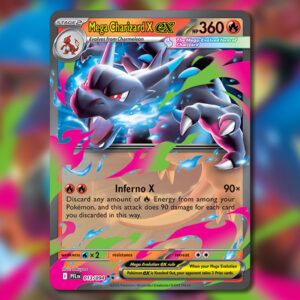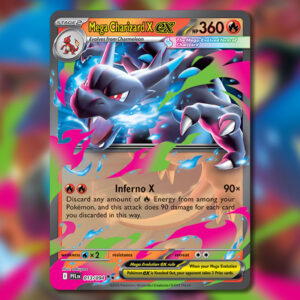In a tale that rivals the drama on any Major League Baseball field, Shohei Ohtani, MLB’s multifaceted icon, has faced a betrayal closer to the home base than any opposing pitcher or batter. Ippei Mizuhara, once a faithful interpreter and the seeming guardian of Ohtani’s public persona, has found himself transferring from the dugout to a federal prison cell. Mizuhara knucked under the heft of his own financial deceit and addiction, sentencing him to 57 months behind bars for orchestrating an elaborate scheme that bled $17 million from Ohtani through meticulous embezzlement.
The curious case of Mizuhara broke open like a wild pitch in March 2024, shattering misconceptions about trustworthiness within inner circles and sounding alarms about the vulnerability of top-tier athletes. ESPN first lifted the lid on this scandal, painting a picture of Mizuhara’s dual life: trusted camp confidant during the day and zealous gambler by night. His compulsive need for a winning streak did not stop at the poker table; it infiltrated bank vaults under the false guise of Ohtani himself.
Indeed, Mizuhara’s methodical approach to siphoning funds was as calculated as a pitcher’s throw to a catcher. He artfully tampered with banking security settings, an action that veered him into Ohtani’s financial sanctum. Whoever imagined that being an interpreter could evolve into an audition for a Hollywood heist movie? Mimicking Ohtani’s identity with the precision of a seasoned impersonator, Mizuhara authorized illicit wire transfers, channeling funds as though they were his home runs, while Ohtani forayed the baseball fields, blissfully unaware.
The investigation unveiled that when Mizuhara wasn’t betting on his next big gamble, he was living the life modern collectors only dream of—albeit fleetingly. He invested roughly $325,000 from Ohtani’s funds into sports cards, including those that celebrated stars from Ohtani to Juan Soto, hoping to flip them for a jackpot of profit. Little did he know, his attempt at doubling the stolen reserves only served as physical evidence that would later find its way back to Ohtani’s grasp.
Returning all the cards to their rightful owner came like a well-timed break in the game. Ohtani’s court petition in November 2024 proved to be a home run. The judge ruled in favor of the sports legend, declaring that Mizuhara’s hand-selected collection of cardboard collectibles rightfully belonged to Ohtani, the true MVP of this off-field saga.
With the handcuffs now tightly around Mizuhara’s wrists, consequences stacked up like betting slips. Serving nearly five years in federal prison was merely the opening act; Mizuhara must also replenish Ohtani’s coffers with a staggering $17 million. An unpaid tab for tax, amounting to a cool $1.1 million, demands closure in Mizuhara’s court dealings. All tallied up, it might well lead him to a future beyond American borders, facing potential deportation to Japan after three years of probation—an inning topped with finality.
As a legal chapter closes, the shadows it cast over Major League Baseball insist on introspection. While Ohtani has gracefully dodged extended comments on the humiliation sewn into his narrative, the tale narrated by Mizuhara’s actions echoes far beyond the box scores. It is a rude awakening that urged players, clubs, and the entire sports industry to DEFCON 4, scouring for the weakest links in financial oversight and urging stronger measures to protect its star athletes from the predators lurking in their midst.
The affair with Mizuhara spirals beyond crimes and punishments; it underscores the need for vigilance, creating ripples within the sports and collectibles world that are felt in every tier’s locker room. Perhaps, this scandal provides an unintended service—renewing efforts for transparency and security within athletes’ financial spheres. After all, while Shohei Ohtani is known for his uncanny ability to play dual roles on the field, shielding himself against fraudulent gambits must now stand as another layer of his multi-dimensional career.






